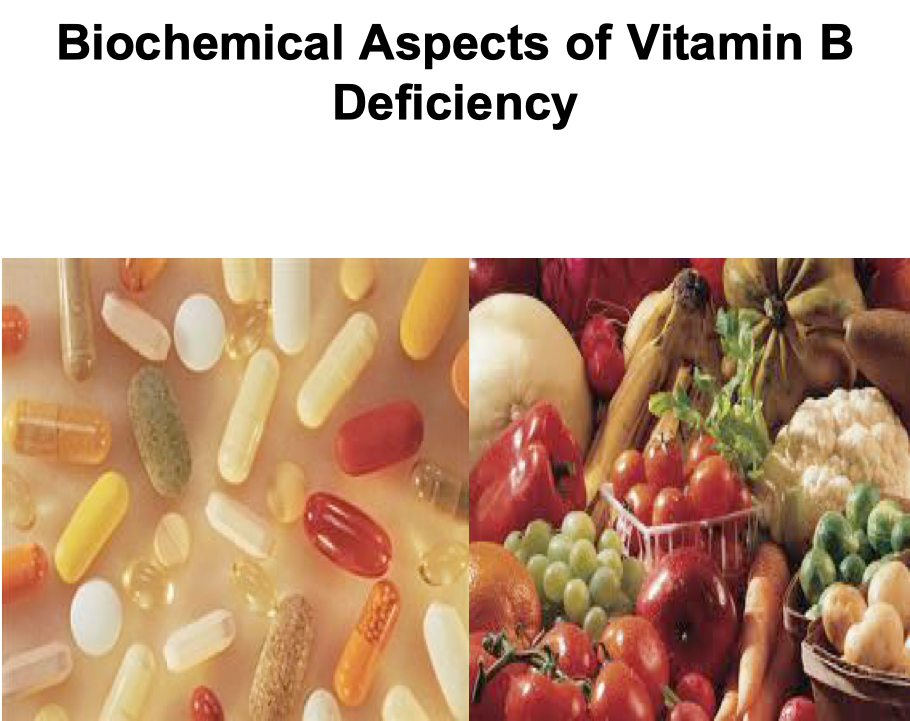 We have accepted the suggestion from a BU family member to facilitate discussion on medical matters which is a topic area that should interest us all. Based on exchanges with and between BU family members posted over time, many of you work in the medical field or possess information on various medical issues acquired based on personal circumstance or otherwise. Medical Corner seeks to encourage ANYONE to submit views on medical experiences, new developments in the industry or any related matter which readers feel can serve to educate the BU family.
We have accepted the suggestion from a BU family member to facilitate discussion on medical matters which is a topic area that should interest us all. Based on exchanges with and between BU family members posted over time, many of you work in the medical field or possess information on various medical issues acquired based on personal circumstance or otherwise. Medical Corner seeks to encourage ANYONE to submit views on medical experiences, new developments in the industry or any related matter which readers feel can serve to educate the BU family.
New Page Added








The blogmaster invites you to join the discussion.